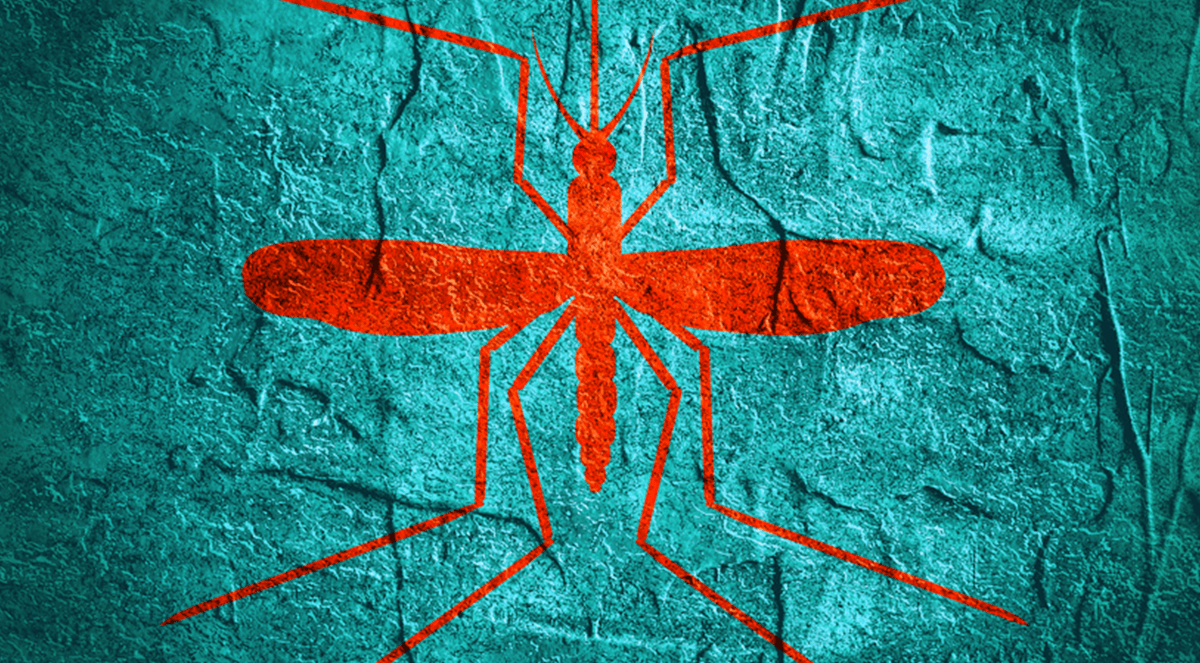At the present time, information is lacking on whether the risk for Zika virus infection or the severity of Zika virus illness is different for people with HIV infection or other causes of immune suppression.
People with HIV infection do not appear to have any greater risk than the general population for infection with other viruses that are similar to Zika virus, such as dengue virus, yellow fever virus, or West Nile virus.1 Three cases of Zika virus in HIV-infected adults have been reported in Brazil to date, and all were reported to have been mild illnesses.2,3 In a detailed case report of one of these patients, the patient had mild symptoms, no major laboratory abnormalities, and recovered completely. This patient’s HIV infection was being treated effectively, and the patient did not have significant immunosuppression (CD4 cell count: 715 cells/mm3; undetectable HIV viral load).2
HIV-infected adults with low CD4 cell counts or AIDS (consistent with severe immunosuppression) may experience more severe complications from a related arbovirus, dengue virus. A study from Tanzania did not demonstrate a higher risk for dengue infection,4 and a case-control study from Brazil did not demonstrate a higher risk for more severe dengue illness in a group of 21 HIV-infected persons who were receiving HIV treatment and doing well (98% had CD4 cell count > 200 cells/ mm3 and the median CD4 cell count: 451 cells/mm3), all having been virologically suppressed.5 However, a case-control study from Singapore that included 10 HIV-infected adults with more advanced immunosuppression (median CD4 cell count: 123 cells/mm3) demonstrated a trend toward more severe dengue virus illness among HIV-infected adults.6 The significance of these studies for Zika virus are unknown, and close clinical monitoring of HIV-infected patients with Zika virus infection should be considered (especially for patients with severe immunosuppression: CD4 cell count < 200 cells/mm3 or an AIDS defining illness). In addition, people living with HIV infection can review general information about Zika virus, including symptoms (https://www.cdc.gov/zika/symptoms/index.html) of Zika virus infection and how to prevent (https://www.cdc.gov/zika/prevention/index.html) Zika virus infection. Treatment focuses on symptom relief in uncomplicated Zika virus infection (there are no effective antivirals) and there is not a Zika virus vaccine.7
Sexual transmission of Zika virus has been described from infected persons to their sex partners.8-10 Although most documented sexual transmissions have been from a man to his sexual partner (both male-to-male and male-to-female), female-to-male transmission has also been documented. Detectable Zika virus RNA can persist in semen after it has cleared from other body fluids (e.g., blood, urine, vaginal fluid).12,13 It is unknown what impact HIV infection might have on the persistence of Zika virus in semen or vaginal fluids, or on the risk for sexual transmission. Consistent and correct use of barrier methods (including male and female condoms and dental dams) and abstinence, however, are effective methods to prevent sexual transmission of Zika virus (https://www.cdc.gov/zika/transmission/sexual-transmission.html).
References
- Karp CL, Auwaerter PG. Coinfection with HIV and tropical infectious diseases. II. Helminthic, fungal, bacterial, and viral pathogens. Clin Infect Dis 2007;45:1214-20.
- Calvet GA, Filippis AM, Mendonca MC, et al. First detection of autochthonous Zika virus transmission in a HIV-infected patient in Rio de Janeiro, Brazil. J Clin Virol 2016;74:1-3.
- Timerman A. Zika and HIV: Connecting the Science. IASONEVOICE Stories 2016 Accessed April 13, 2016.
- Hertz JT, Munishi OM, Ooi EE, et al. Chikungunya and dengue fever among hospitalized febrile patients in northern Tanzania. Am J Trop Med Hyg 2012;86:171-7.
- Torrentes-Carvalho A, Hottz ED, Marinho CF, et al. Characterization of clinical and immunological features in patients coinfected with dengue virus and HIV. Clin Immunol 2016;164:95-105.
- Pang J, Thein TL, Lye DC, Leo YS. Differential clinical outcome of dengue infection among patients with and without HIV infection: a matched case-control study. Am J Trop Med Hyg 2015;92:1156-62.
- Petersen LR, Jamieson DJ, Powers AM, Honein MA. Zika Virus. N Engl J Med 2016.
- Foy BD, Kobylinski KC, Chilson Foy JL, et al. Probable non-vector-borne transmission of Zika virus, Colorado, USA. Emerg Infect Dis 2011;17:880-2.
- Hills SL, Russell K, Hennessey M, et al. Transmission of Zika Virus Through Sexual Contact with Travelers to Areas of Ongoing Transmission – Continental United States, 2016. MMWR Morb Mortal Wkly Rep 2016;65:215-6.
- Trew Deckard D, Chung WM, Brooks JT, et al. Male-to-Male Sexual Transmission of Zika Virus — Texas, January 2016. MMWR Morb Mortal Wkly Rep 2016;65:372-4.
- Atkinson B, Hearn P, Afrough B, et al. Detection of Zika virus in semen[Letter]. Emerg Infect Dis 2016. Published online March 2016.


